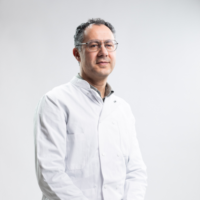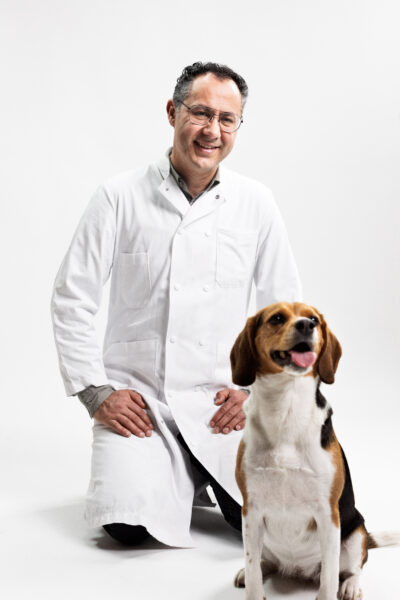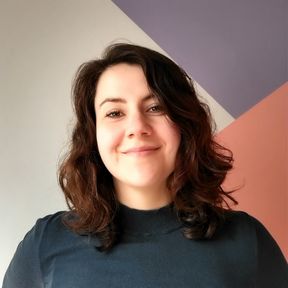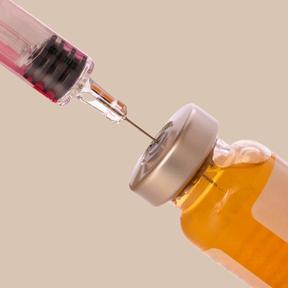In this recurring section “Drijfveren”, scientists explain what motivates them to go against the current and develop animal-free alternatives. This time dr. Abdoel El Ghalbzouri of the Leiden University Medical Centre (LUMC) has the floor. With his human-based models, Abdoel hopes to gain new insights of and contribute to the development of effective treatments for various forms of skin cancer. “A future without animal testing is possible if we all do our best.”

From Paris to Leiden
For Abdoel, it all started during his student days in France. He enjoyed his internship at Université Pierre et Marie Curie in Paris so much, that he decided to stick around and study molecular cell biology there afterwards. Unfortunately, finding a PhD position proved difficult. “In the end, I decided to write a letter to the Dutch Royal House. That was a good move, because I then got a response from the Minister of Education from that time with a reference to LUMC in the Netherlands.”
It was an opportunity Abdoel seized. “At LUMC, I then made the step from cell biology to tissue engineering. And in that field I am still active after all these years.”
Taboo or not: questions need answering
Currently Abdoel uses human-based models to research different types of skin cancer, such as melanoma (often recognised by a changing mole), squamous cell carcinoma (a malignant tumour that arises from the epidermis) and pubic lip cancer. Concerning the latter, he explains: “This type of cancer is still sometimes seen as a taboo subject, but there is an awful lot we don’t know about it yet. With our models, we are trying to better understand the role of different fibroblasts (cells in connective tissue), which you find in this type of cancer, so that we can develop appropriate drugs for it.”
Whilst cancer research is traditionally done on laboratory animals, Abdoel hopes that is soon a thing ot he past. With his experience in cell biology and tissue engineering, he has grown to be a researcher that’s passionately committed to animal-free research methods. “In my current research, I use a tumour that has been removed from a patient and donated for research. We can keep this tumour alive in the laboratory and do research on it. Or we can isolate all the cell types from this tumour, culture them and use them to build a 3D skin cancer model that mimics skin cancer. We will then do research on that.”
Not rabbits, but human-based models for cosmetics
A memorable moment during Abdoel’s career has been the enactment of the European Cosmetics Law in 2013. “I remember when the debate around animal testing and cosmetics was going on in 2009. The introduction of the European ban was then delayed because not all cosmetics brands were ready to go animal-free yet. And so animal tests were still done on rabbits, because that was the golden standard at the time. Eventually things changed, because in 2013 the law was finally pushed through.”
More efforts are needed for animal-free research
The development of animal-free innovation concerning skin models, has made great strides in recent years. Unfortunately, other organs are less easy to mimic without laboratory animals. And that sometimes deters other scientists, says Abdoel. “Researchers often have a limited time to do their research. Because non-animal models are not always validated or usable yet, many researchers opt for quicker, traditional animal testing. I believe that if the timeframe for researchers to research and develop non-animal models would be larger, we could really make a great difference.”
But it’s not just time that’s important, says Abdoel. “It sounds blunt, but researchers simply need money for research. Once agencies make more money available for animal-free research, and are also willing to provide funding, researchers will more likely choose to take up the challenge. ”

Animal testing is a thing of the past
Together with former laboratory dog Lola, Abdoel stars in our new campaign ‘Dierproeven zijn niet meer van deze tijd‘. With this message, we – and Abdoel – hope to make it clear that a future free from laboratory animals is within reach.
Abdoel: “It is great to set an example for animal-free research and to contribute to creating more awareness in this way. And of course it was great fun to meet Lola.”



